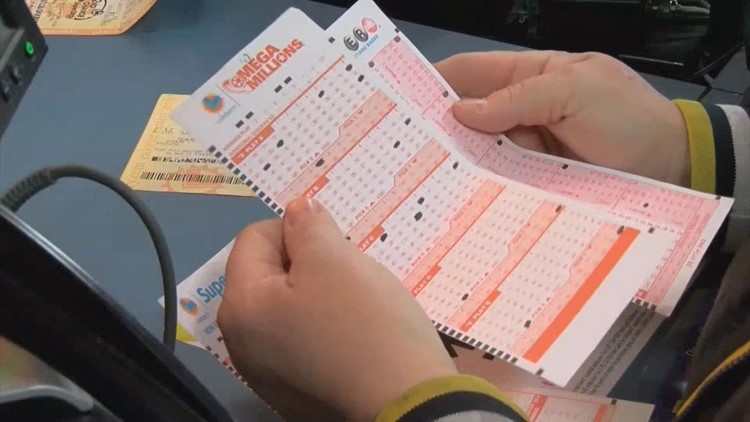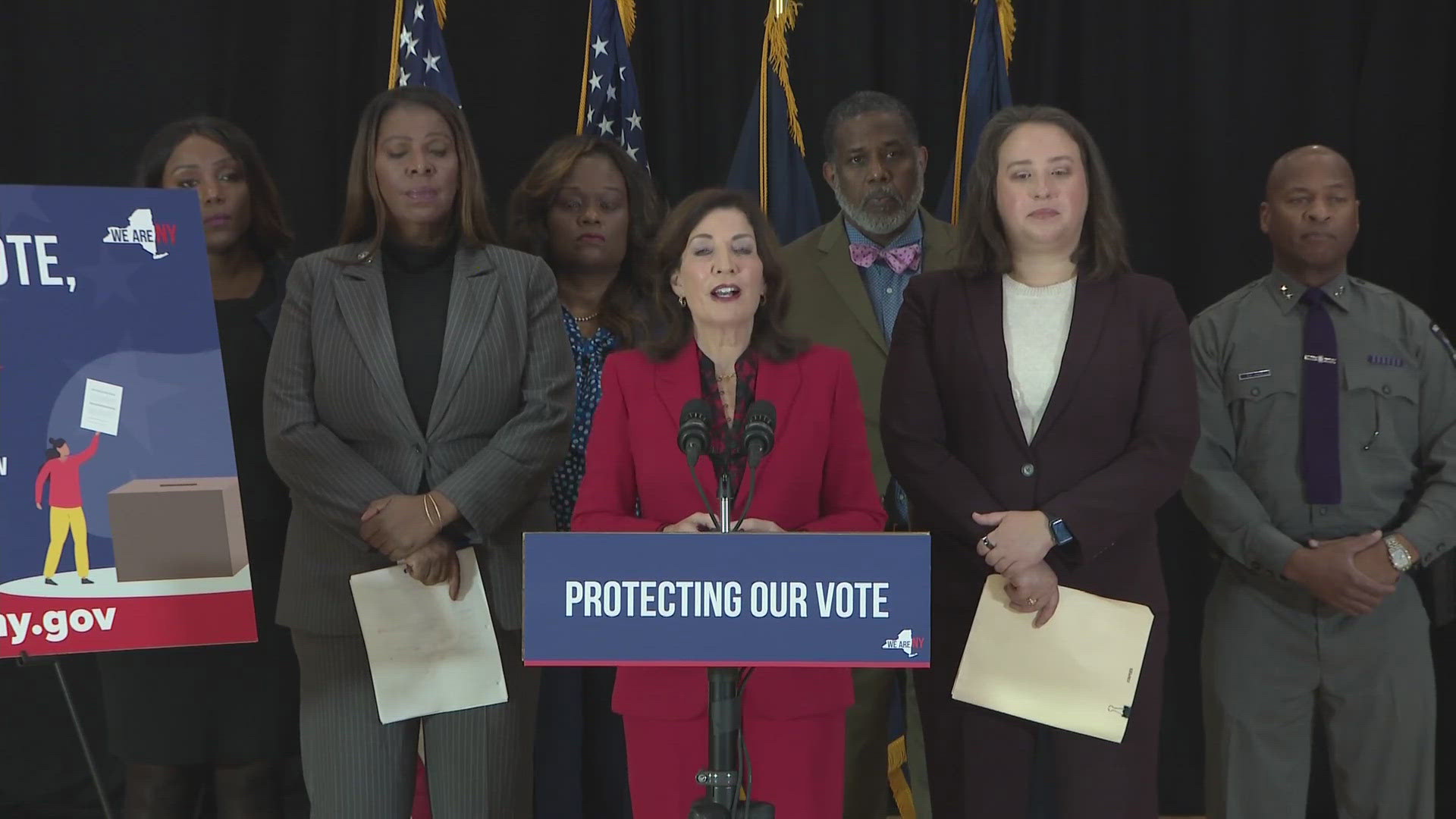By Chad Arnold and Jon Campbell, Albany Bureau
ALBANY – The names of lottery winners in New York will remain public after Gov. Andrew Cuomo vetoed a bill that would have allowed them to remain anonymous.
The state Legislature overwhelmingly approved a bill in June that would have let those who win a lotto prize of more than $5,000 keep their name secret with a simple written request to the state Gaming Commission.
But Cuomo vetoed the bill late Friday, arguing that publicly identifying winners keeps the state accountable by ensuring it doesn't pocket any jackpots.
"The presentations and sharing of certain information provides comfort to the general public that there was an actual winner, and the State was not simply adding all the money to its own coffers," Cuomo wrote in his veto message.
Had Cuomo signed the bill, New York would have joined just a handful of states to allow lottery winners to remain anonymous, including Delaware and South Carolina.
Under state law, lottery winners of $5,000 or more must agree to reveal their identity publicly before collecting their winnings.
Supporters of the bill argued that it would grant much-needed privacy for lottery winners, who can become a target of theft and kidnapping.
Assemblywoman Aileen Gunther, D-Forestburgh, Orange County, said she believes and individuals right to privacy outweighs the need for transparency.
"We've heard a lot of stories about people... when they win the lottery, and then all of a sudden the phone starts ringing and everybody is asking them for money," Gunther, who sponsored the bill, said Friday before Cuomo's veto.
"Once they're identified, the calls don't ever stop coming in," she said.
In his veto message, Cuomo noted there is one way lottery winners can keep their name secret under current law: By creating a limited liability company to claim their prize on their behalf.
That way, the LLC is named as the winner rather than an individual.
The decision to grant lottery winners anonymity is based on several factors, including privacy, according to Tony Cooper, chief operating officer of the South Carolina Education Lottery, which allows winners to remain anonymous.
"Whether you're a $10 winner, or a $100,000 winner or a jackpot winner, that's information you probably want to keep, in some cases, yourself as private information," Cooper said.
"There are public policy arguments on both sides of it," he added.
One of those arguments centers around transparency.
Sen. Joseph Griffo, R-Rome, Oneida County, said he believes the public has a right to know who wins.
Griffo was the lone dissenting vote in the Senate.
"New York state runs the lottery and is distributing money as a public entity, so the public has a right to know who wins," Griffo said.
CGARNOLD@gannett.com
Chad Arnold is a staff writer for the USA TODAY Network's Albany Bureau.



